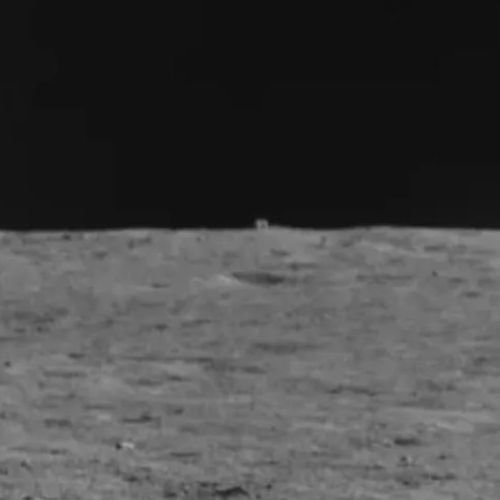SpaceX launches NASA X-ray telescope
Capitalism in space: SpaceX early this morning successfully launched NASA’s Imaging X-ray Polarimetry Explorer (IXPE), a small X-ray telescope designed to black holes and neutron stars.
The first stage, making its fifth flight, successfully landed on a drone ship in the Atlantic.
This launch, SpaceX’s 28th for 2021, extends once again the company’s all time record for the most launches in a year by a private company.
The leaders in the 2021 launch race:
46 China
28 SpaceX
21 Russia
6 Europe (Arianespace)
5 ULA
5 Rocket Lab
China’s lead over the U.S, in the national rankings has now shrunk to 46 to 45. The launch was the 121st in 2021, making this year tied as the seventh most active year in the history of space, a ranking that is sure to go up before the end of the year.
Capitalism in space: SpaceX early this morning successfully launched NASA’s Imaging X-ray Polarimetry Explorer (IXPE), a small X-ray telescope designed to black holes and neutron stars.
The first stage, making its fifth flight, successfully landed on a drone ship in the Atlantic.
This launch, SpaceX’s 28th for 2021, extends once again the company’s all time record for the most launches in a year by a private company.
The leaders in the 2021 launch race:
46 China
28 SpaceX
21 Russia
6 Europe (Arianespace)
5 ULA
5 Rocket Lab
China’s lead over the U.S, in the national rankings has now shrunk to 46 to 45. The launch was the 121st in 2021, making this year tied as the seventh most active year in the history of space, a ranking that is sure to go up before the end of the year.










